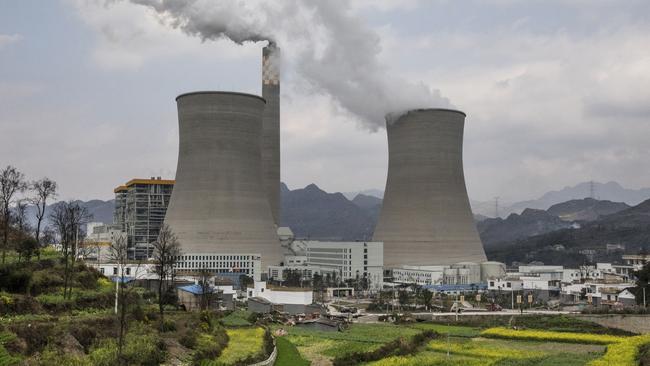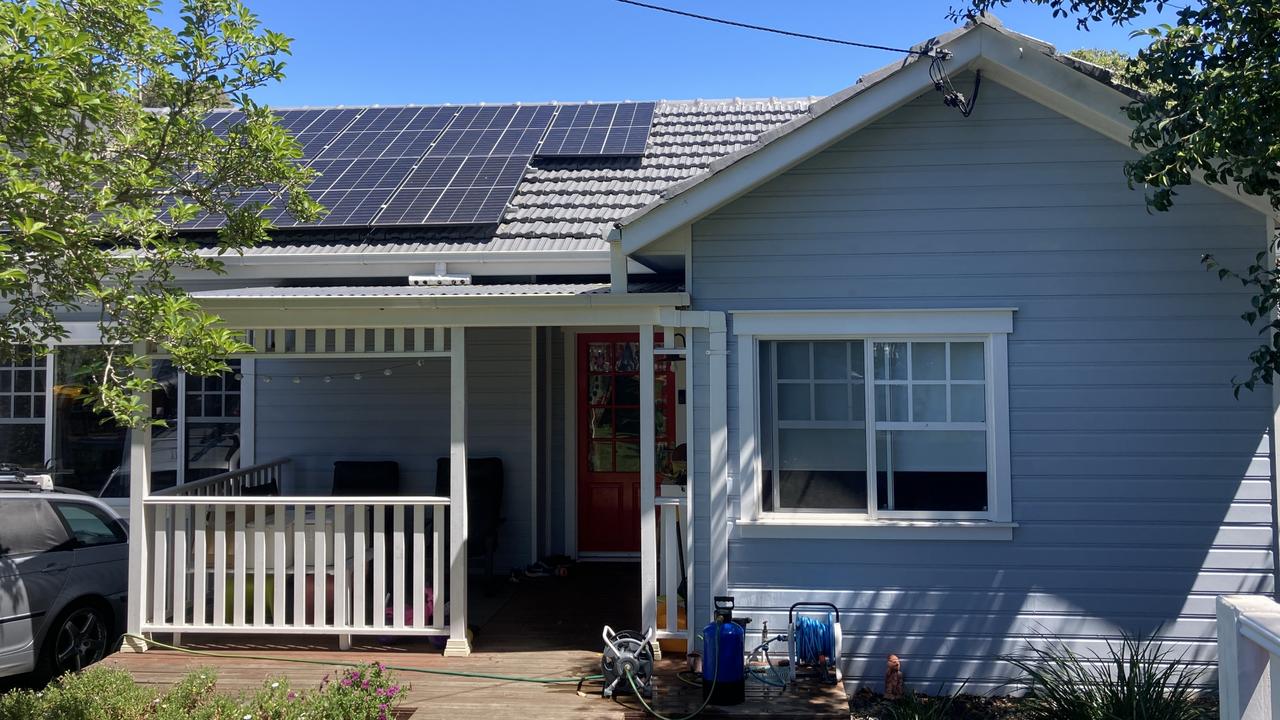COP29 goal for developed nations to provide $461bn per year by 2035 asks China to contribute, but nothing is mandatory
China has been asked to join developed countries in financing the global fight against climate change but won’t be forced to contribute, under a fiercely negotiated deal clinched at COP29.

China – the world’s second biggest economy and top emitter of greenhouse gases – has been asked to join developed countries in financing the global fight against climate change but won’t be forced to step up, under a fiercely negotiated, 11th-hour deal clinched at the global climate summit.
While there will be no new obligations on Australia under the COP29 pact, which will see developed countries provide at least $US300bn ($461bn) per year by 2035 to help poorer nations transition to cleaner energy and adapt to global warming, climate financing that developing countries like China provide through multilateral development banks will be captured and count towards the goal.
Developed nations will take the lead in providing the funding but other countries with the economic capacity to provide support, such as China and Saudi Arabia, were also encouraged to make contributions.
Developing countries slammed the lack of commitment from developed nations after staging a walkout, while UK energy secretary Ed Miliband declared it was “not everything we or others wanted but it is a step forward for us all”.
“The new finance goal rightly reflects the importance of going beyond traditional donors like Britain, and the role of countries like China in helping those on the frontline of this crisis,” Mr Miliband said.
“If this finance is used in the right way, it could cut the equivalent emissions of one billion cars and could protect nearly a billion people from the impacts of climate change. Today’s agreement sends the signal that the clean energy transition is unstoppable.”
Climate Change and Energy Minister Chris Bowen, who co-chaired ministerial discussions on the new collective quantified goal on climate finance with his Egyptian counterpart, conceded COP29 “wasn’t easy” but said it was important.
“Tackling climate change is in our national interest, and getting climate finance right is vital for our nearest neighbours in the Pacific,” Mr Bowen said.
“We also welcome the very strong ongoing support for Australia to host COP31 (in 2026).”
There was no decision on who would host the United Nations Climate Change Conference in 2026, with Türkiye still vying for hosting rights and refusing to pull out of the race.
Albanese government sources said they would’ve liked to have secured stronger funding allocations for small island developing states and the least developed countries under the new goal and were disappointed by the removal of references to human rights and workers from the text.
Opposition climate change and energy spokesman Ted O’Brien said COP29 agreements must be carefully scrutinised to ensure they are fair, achievable and beneficial to Australia’s interests, but welcomed “practical steps toward global emissions reductions”.
“We will review the details to assess their impact on Australian households, businesses, jobs, and energy security. Under the Coalition, Australia had a strong track record of delivering real emissions reductions while keeping prices down here at home,” Mr O’Brien said.
India delivered a full-throated rejection of the “abysmally poor” deal, kicking off a firestorm of criticism from across the developing world.
“It’s a paltry sum,” India’s delegate Chandni Raina said.
“This document is little more than an optical illusion. This, in our opinion, will not address the enormity of the challenge we all face.”
Tina Stege, climate envoy for the Marshall Islands, said she would return home with only a “small portion” of what she fought for, but not empty-handed.
“It isn’t nearly enough, but it’s a start,” Ms Stege said, whose atoll nation homeland faces an existential threat from creeping sea levels.
With AFP




To join the conversation, please log in. Don't have an account? Register
Join the conversation, you are commenting as Logout